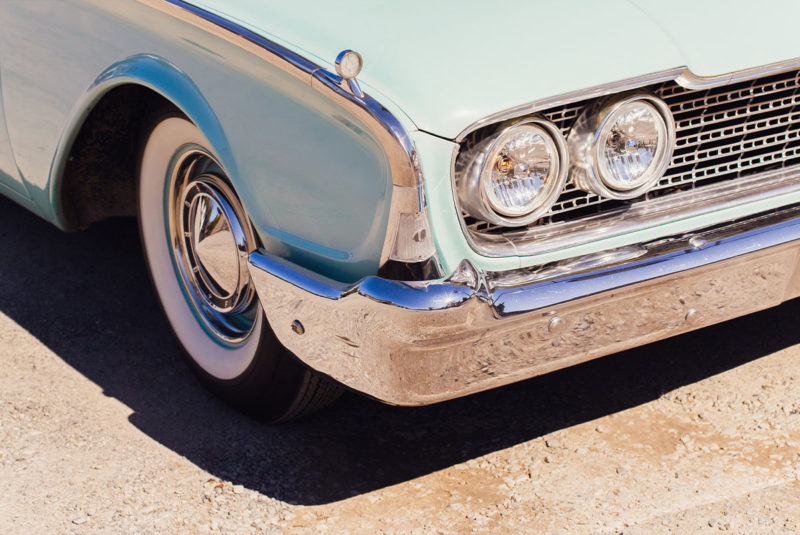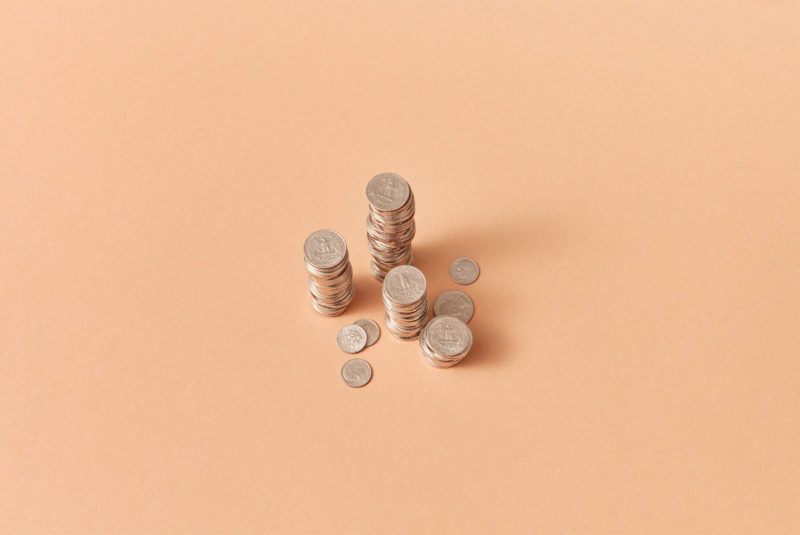When you sign a car lease contract, it usually includes buyout terms and the residual value (the car’s estimated value at the end of the lease) – which helps determine the buyout cost. If you want to buy your lease, you may wonder if you can negotiate the purchase price.
While successfully negotiating a car lease buyout is possible, it can depend on the leasing company’s rules.
Understanding the Leasing Company
When you secured your lease, the leasing company (or lessor) was either a captive lender, outside bank, or credit union. A captive lender is a financing subsidiary of an automaker. They provide their brand financial services (like auto loans and leasing) directly to car buyers at the dealership.
Knowing who you’re working with will determine your approach when negotiating your car lease buyout.
If you decide not to renew or extend your lease, a captive lender can quickly sell the car at an auction or as a certified pre-owned vehicle. They’ll likely get more money for it compared to negotiating a lower lease buyout price with you – especially if the car’s market value is higher than the buyout price you’re trying to negotiate. For this reason, it may be challenging to negotiate a lower buyout price with a captive lender.
On the other hand, you may have more room to negotiate if your lease is financed through a bank or credit union.
Types of lease buyouts
How you negotiate with the leasing company and the price you pay to buyout your lease also depend on the type of buyout. You have two lease buyout options:
- Lease-end buyout: The car is purchased when your lease contract expires. The buyout price is calculated using the residual value, sales tax, and purchase fees. If you want to negotiate the buyout price, you’ll likely get the best deal if you wait until your lease expires.
- Early lease buyout: The car is purchased before your lease contract expires. This can come with early termination charges. The buyout price is calculated using the residual value, your remaining lease payments, sales tax, and purchase fees.
How Do You Negotiate a Lease Buyout?
If you want to negotiate a buyout at the end of a lease, check your lease agreement for the buyout terms and price, and know your car’s value compared to the residual value.
But remember, negotiating isn’t always possible. Leasing company rules and your lease agreement will likely dictate the lease buyout offer you get, more so than your negotiation skills.
That said, you should always be prepared. So here’s how to negotiate a lease buyout.
Check your lease agreement
Start by checking your lease agreement’s buyout terms to see if you have the buyout option and what the terms are – especially if you’re looking to do an early buyout.
Then check for any negotiation rules, like whether the buyout price is set in stone, if you can negotiate it and how much negotiation freedom you have.
Some things you may be able to negotiate include:
- Purchase fees
- Financing discounts on your new buyout loan
- Purchase incentives (think: maintenance plans, upgrades or discounts)
Assess your vehicle’s value
Check your car’s current value using Kelley Blue Book, Edmunds, and NADA. Also, get a feel for the car’s value in your area by looking at other online listings for the same vehicle.
Compare the numbers you find with the residual value in your lease agreement to see if the price is a good deal or if you want to negotiate. Hold off on negotiating a lower buyout price when the residual value is already below market value – that’s a good deal. You don’t want to make it seem like you’re trying to pull one over on the lessor if you’re already getting a lower price.
Don’t make the first move
Let the dealership or leasing company make the first move when you know you want to buy your leased car. The lessor will likely call you a few months before the end of your lease to let you know it’s expiring. If you call beforehand, showing interest in buying the car, the lessor may use that to their advantage when it comes time to negotiate.
Let the other party make the first offer, just like negotiating any purchase. This way, you can come in with your counter offer based on your research. You’re more likely to get a better price.
When Does It Make Sense to Buyout a Lease?
It may be a good idea to buy out your lease if you’re tired of lease limitations, you can afford the loan payments or the car’s market value is higher than the residual value.
When Buying a Leased Car Makes Sense
Rather than leasing again, buying your car comes with ownership benefits that may be more rewarding – like no mileage limits, modifying the car as you please and no lease penalty fees.
You’ll likely have to get a loan to buy the car. Monthly loan payments are usually higher than leases, and interest rates on lease buyout loans can be higher than regular auto loans. So it makes sense to buy the car when you can afford the auto loan payments.
Buying out a lease is a good deal if the car’s market value is higher than the residual value. In this case, it may also make sense to buy out the lease and then sell the car for a profit – using the profits to help you buy a new or used car.
If you have excess mileage or car damage resulting in high penalty fees, it may make sense to buy out the lease rather than pay the fees. Calculate what it’ll cost to buy the car and compare it to the cost of the fees to see if it’s a smart move.
Policies May Eclipse Negotiations
Unfortunately, rules and policies set by lessors and lease agreements may eclipse negotiations. If you can’t negotiate the buyout price, buying out a lease is still an option. Just make sure the buyout price is comparable to the market value and fits your budget.
The Short Version
- If you want to negotiate a buyout at the end of a lease, check your lease agreement for the buyout terms and price, and know your car’s value compared to the residual value
- It may be a good idea to buy out your lease if you’re tired of lease limitations, you can afford the loan payments or the car’s market value is higher than the residual value
- Hold off on negotiating a lower buyout price when the residual value is already below market value – that’s a good deal




